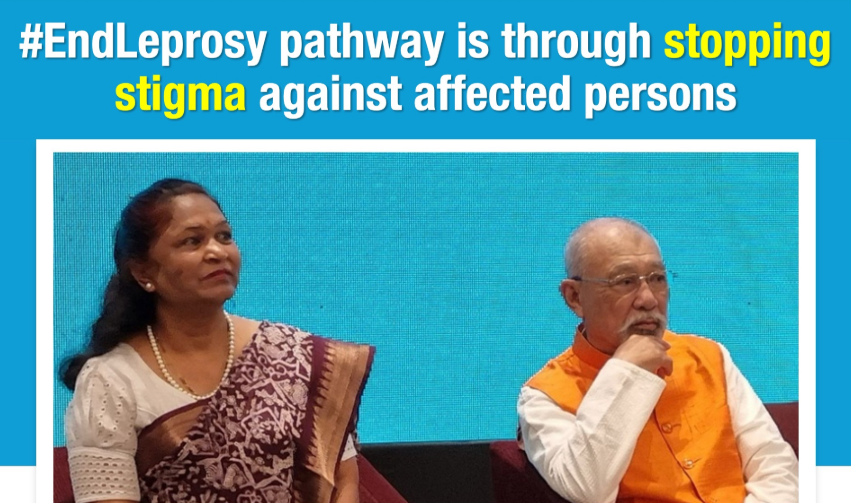Maya Ranavare Urges Global Action to End Leprosy Stigma
As the global health community strives to eliminate leprosy, Indian advocate Maya Ranavare is calling attention to an often-overlooked challenge: stigma.
In an exclusive interview with CNS (Citizen News Service), Ranavare, the first female president of India’s Association of Persons Affected by Leprosy (APAL), argues that while the disease is curable, discrimination remains a critical barrier to progress.
“Leprosy is no longer a life sentence,” she said. “But society’s mindset still lags behind medical science.”
India, which has the highest leprosy burden globally, has made significant strides in treatment. Early diagnosis and multi-drug therapy have turned the tide on the disease.
However, Ranavare stresses that social discrimination continues to marginalize affected persons, especially women and children, often pushing them into poverty or lifelong dependency.
Speaking from Odisha—one of the states hardest hit by leprosy—Ranavare recently helped launch the Global Appeal 2025 to End Stigma and Discrimination Against Persons Affected by Leprosy. Backed by health ministries from 56 countries, the campaign marks the 20th anniversary of the initiative, originally started in 2006.
Ranavare, who grew up in a leprosy colony and was cured in childhood, is now a leading voice for gender-inclusive policies, land rights, pensions, education access, and decent employment for those affected.
She also warns that current pension schemes are inadequate and vary by region, often excluding those without visible disabilities.
“We’re not just fighting disease,” she said. “We’re fighting systems of exclusion.”
Despite facing challenges, she remains hopeful. “Ending leprosy is not just about medicines. It’s about dignity, rights, and inclusion.”
India aims to eliminate leprosy by 2027—three years ahead of the global target. But activists like Ranavare insist that legal reforms, education, and mental health support are vital to reaching that goal.



